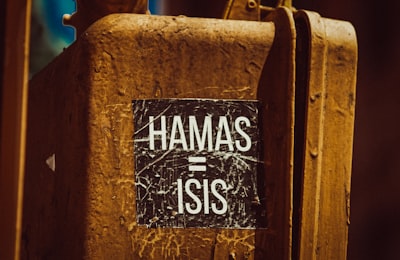Hostage Negotiations in the Israel–Hamas Conflict
Hostage negotiations have been a central and recurring challenge within the broader context of the Israel–Hamas conflict, most visibly since the rise of Hamas as a significant political and military force in the Gaza Strip in the early 2000s. These negotiations often involve international actors and touch on complex humanitarian, political, and security issues.
Historical Background
Hamas, a Palestinian Islamist movement founded in 1987, became the de facto governing authority in the Gaza Strip following its electoral victory and subsequent takeover in 2007. Since then, hostages have frequently been taken during periods of heightened conflict between Israel and Palestinian groups, particularly by Hamas.
Major Hostage Incidents
Notable hostage incidents include the capture of Israeli soldiers and civilians, as well as foreign nationals, during cross-border incursions or escalations. One of the most significant events was the abduction of Israeli soldier Gilad Shalit in 2006, who was held captive for over five years before being released in exchange for over 1,000 Palestinian prisoners in 2011.
In October 2023, Hamas-led militants carried out a large-scale attack on Israeli territory, resulting in the capture of numerous Israeli and foreign hostages. This led to intensified international efforts to negotiate the release of hostages amidst ongoing military operations in Gaza.
Negotiation Process
Hostage negotiations in the Israel–Hamas context are often conducted indirectly, with third-party mediators such as Egypt, Qatar, and the United States playing crucial roles. These negotiations typically involve multifaceted discussions, including prisoner exchanges, humanitarian considerations, and demands related to broader ceasefire agreements.
Challenges and Outcomes
Negotiations are complicated by deep mistrust, political constraints, and divergent aims of the parties involved. Issues at stake may include the future governance of Gaza, security guarantees, and the fate of prisoners held by each side. Ceasefire deals linked to hostage releases have at times provided temporary respite but have rarely addressed the underlying causes of conflict.
Humanitarian and Political Impact
The plight of hostages and their families is a major humanitarian concern, often garnering international attention and public pressure on governments to secure their release. The use of hostages also raises ethical questions and has been criticized by international human rights organizations.
International Involvement
The international community, including governments and organizations such as the International Committee of the Red Cross, is often actively involved in mediation efforts, humanitarian aid, and advocacy for the humane treatment and release of hostages.
Continuing Relevance
Hostage situations remain a persistent feature of the Israel–Hamas conflict, reflecting broader regional instability and the enduring challenges of achieving a lasting political resolution. Ongoing negotiations, often confidential and complex, continue to play a pivotal role in shaping the course of the conflict and efforts toward peace.

Comments
No comments yet. Be the first to comment!